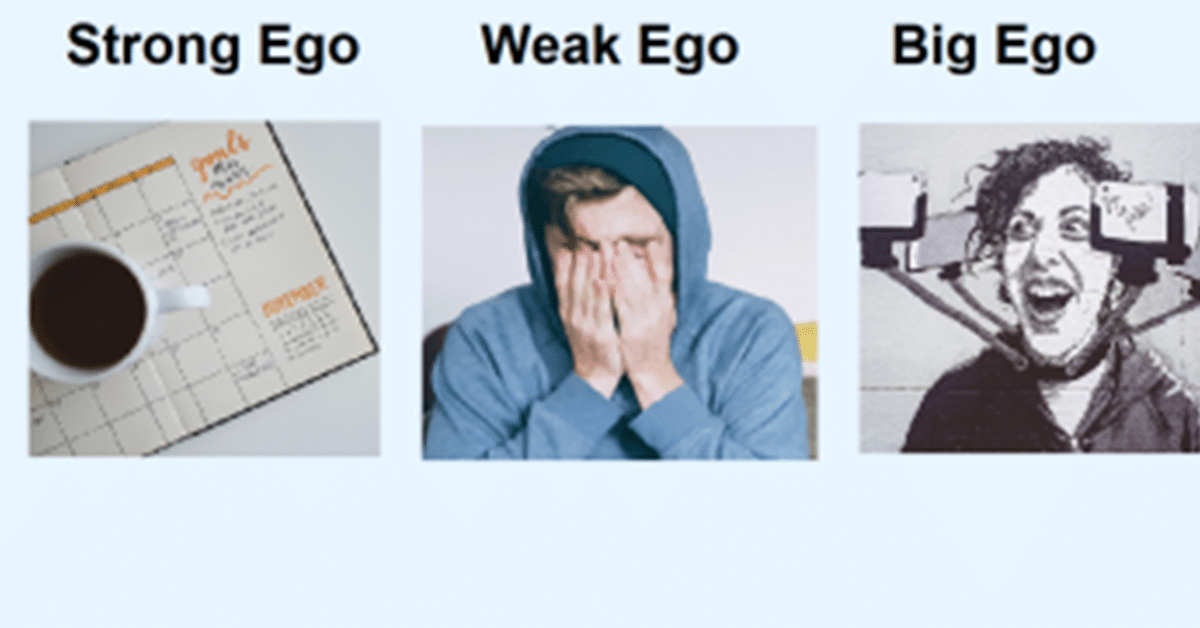Matrescence is messy, beautiful, and deeply transformative. By naming it and bringing it into public discourse, we can begin to rewrite the narrative of motherhood, centering empathy and community in a culture that so desperately needs both.
Motherhood is often framed as a moment of joy and fulfillment, but the reality for many women is far more nuanced. Matrescence, a term coined by anthropologist Dana Raphael in the 1970s, describes the developmental process of becoming a mother. Much like adolescence, matrescence is a period of profound transformation—physically, emotionally, and socially. Despite its universal nature, this phase remains largely overlooked, leaving today’s generation of mothers to navigate its challenges in isolation.
What is Matrescence?
Matrescence is not just about the biological shifts of pregnancy and childbirth. It encompasses the psychological redefinition of self, the reorientation of priorities, and the renegotiation of relationships. Mothers must balance societal expectations of perfection while grappling with new responsibilities, identity loss, and significant lifestyle changes. Yet, unlike adolescence, which is widely recognized and supported, matrescence is often misunderstood or dismissed.
Why Are Today’s Mothers Struggling More?
Modern mothers face unique pressures, amplified by the realities of …

The Power of Radical Acceptance: A Game-Changer for Anxiety Relief When life feels overwhelming, one of the most helpful tools you ...

As a therapist, I’m often asked for tips on improving mental health. While there are many aspects to consider, one effective ...

In today's digital age, social media has become an integral part of the lives of teenagers. By giving them new opportunities to share their ...
One of the fascinating differences between most cis-gendered men and women lies in how they process tasks. Women often excel at ...

Winter often brings shorter days, colder weather, and a natural slowdown in life’s pace. For many, it’s a season of hibernation, ...

The term “ego” has a bad rep, but in fact, having a strong ego indicates mental health in contrast to a ...
If you’re like me, and most of the clients I work with, your mind is a noisy place. It’s constantly chattering ...
What is Self-Check? Sounds like it could be another set of promises to make and not keep. As I have written before, maybe ...

Life is unpredictable, and for therapists in private practice, this unpredictability carries unique professional responsibilities. What happens if a therapist is ...
Insecurity can be a pervasive feeling that affects various aspects of life. That being said, there are many strategies for addressing ...
Up until the 1990s, women were often excluded from clinical drug trials, with the rationale that their hormone cycles would make ...
















